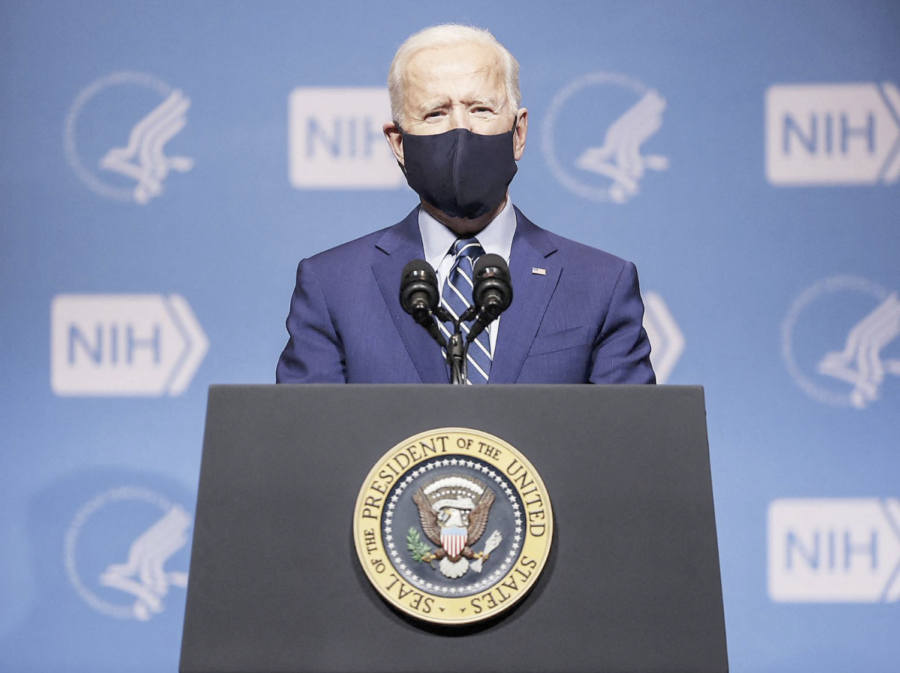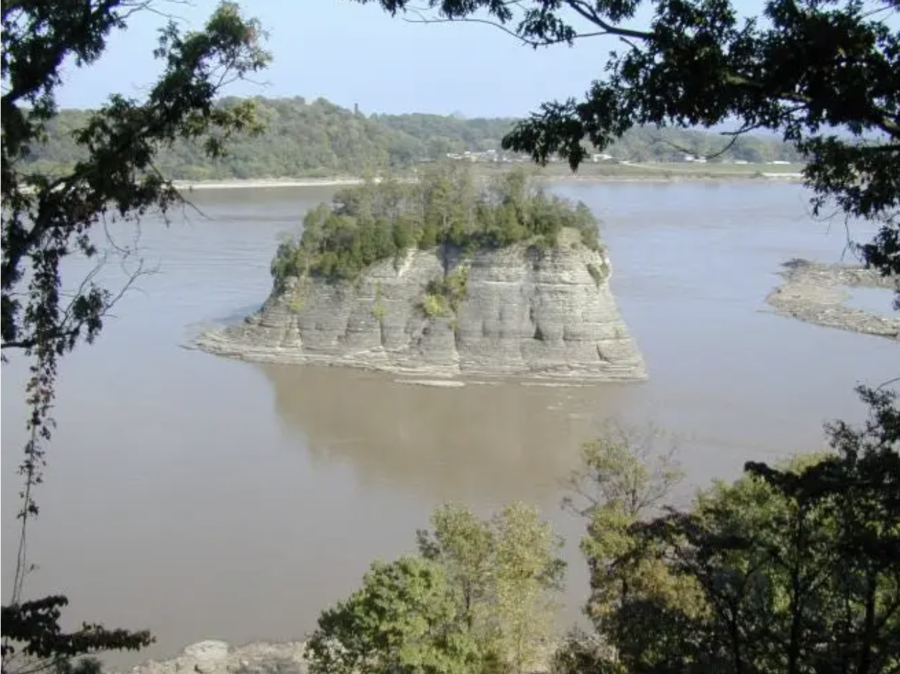As gas prices continue to plummet to levels that many people never dreamed they would see again in their lifetime, it might come as a surprise that the economy itself, as a whole, actually shrank by 1 percent last quarter.
While President Obama and politicians on both sides of the aisle continue to tout increased growth in the job rate and the gas prices as an example of governmental policy at work, it appears that this is not factually correct.
According to the Congressional Budget Office, economic growth averaged a petite 1.2 percent over the first five years of the Obama administration, and only 2.2 percent since the recovery from the recession. To put those figures in perspective, the average economic growth during the last time a Democrat was in office — i.e. Bill Clinton’s second term — was 4.2 percent a year. Out of the economic growth experienced under Obama, the GDP contribution from the energy sector using fracking techniques is now running at more than 2.5 percent of GDP per year and rapidly growing, according to economic-analysis firm IHS.
The fact that the economy as a whole failed to post growth in this most recent quarter, in spite of the incredibly high numbers from the energy sector, is proof enough that the government is in no way responsible for the benefits that citizens have received.
Gas prices have, of course, dropped significantly, and most everyone agrees that this is due to the process known as fracking. Fracking involves pumping a mixture of chemicals, water and sand into shale reserves in the Earth with the intent of releasing more natural gas. The falling gas prices, in turn, contributed to the economy as a whole doing better, because unlike most resources, gas and oil affect nearly every other aspect of the economy as a whole.
One could be forgiven for assuming, then, that the president and his advisers are claiming that they helped the economy by giving support to companies that have been using this revolutionarily new drilling technique. That would, however, be completely wrong. The president and most Democrats are opposed to the fracking process itself because they fear possible — but so far not scientifically proven — environmental damages that it could cause.
To be clear, Obama is a fan of natural gas itself, which he has stated on multiple occasions, most notably during his State of the Union speech in 2014 when he said that “if extracted safely, (natural gas is) the bridge fuel that can power our economy with less of the carbon pollution that causes climate change.”
Obama attempted to regulate the already heavily regulated oil and gas industry as a result of perceived environmental concerns, regulations which analyst such as Erik Milito of the American Petroleum Institute estimate could cost private companies almost $360 million a year.
This might seem like a drawn out economic analysis with little practical benefit for the college student, but nothing could be further from the truth. If the fracking industry is more heavily regulated by the government, it would most likely lead to gas prices rising again, which would damage the economy as a whole, which as we have seen is primarily driven by the energy sector.
Dylan Copeland, a junior construction engineering major, may have summed it up best when he said, “while fracking may have some environmental impact, I think it has been great for the economy, and it is nice being able to fill up my car so cheaply these days.”



































